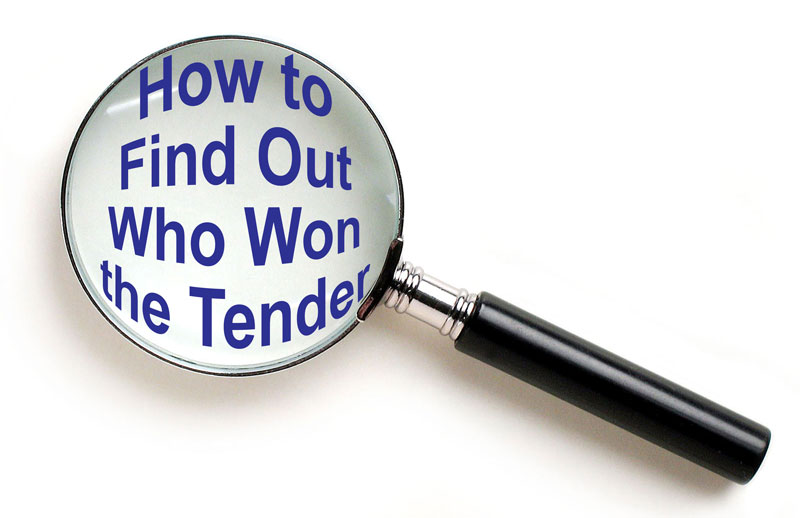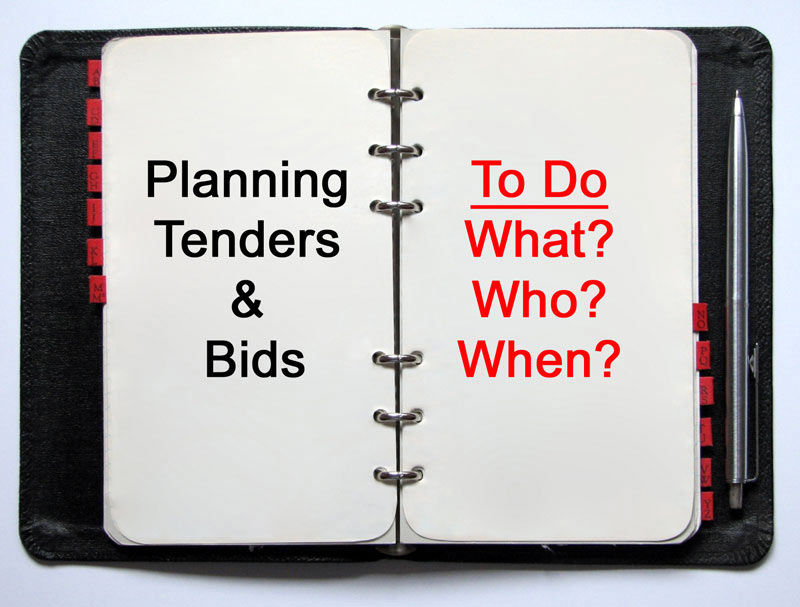Tender Clarification Questions
Here is another common tendering dilemma. Should I ask tender clarification questions if I am uncertain about anything?

Should I Ask for Clarification When Tendering?
Yes indeed! If you have areas of uncertainty, it is generally better to ask than have any ambiguity.
If your question is regarding the specification and you don’t clarify things you might price the tender incorrectly. Too high and lose. Or too low and win but make less profit.
Are you are unsure about the meaning of a question or evaluation method? Is it unclear or ambiguous? You might make the wrong assumptions and therefore respond incorrectly… and lose marks… and maybe lose the tender! So, ask for clarification.
Tenders often include a sample contract which cannot be changed post-award. If you have any concerns about the contract, ask before submitting your bid.
Some people worry that their question is commercially sensitive. Normally, you can ask to keep your question private if you feel that you will lose a competitive advantage. However, it might still be better to lose an advantage and gain full clarification. Weigh up the pros and cons.
Many people see the tendering process as an administrative task. But do remember it is just a formalised way of selling. If you are at a sales appointment you ask about anything you were unsure of. It’s the same with tenders.
Asking Tender Clarification Questions
Always double-check your question before asking. You don’t want to appear daft by asking about something that you have simply misread. Or is it answered elsewhere? Also, you don’t want to overload them with questions. So, choose carefully. For example, some things can wait till post-tender negotiation. You don’t need to clarify pre-tender.
In general, ask if you are unsure.
…Tender Clarification Questions Read More »




